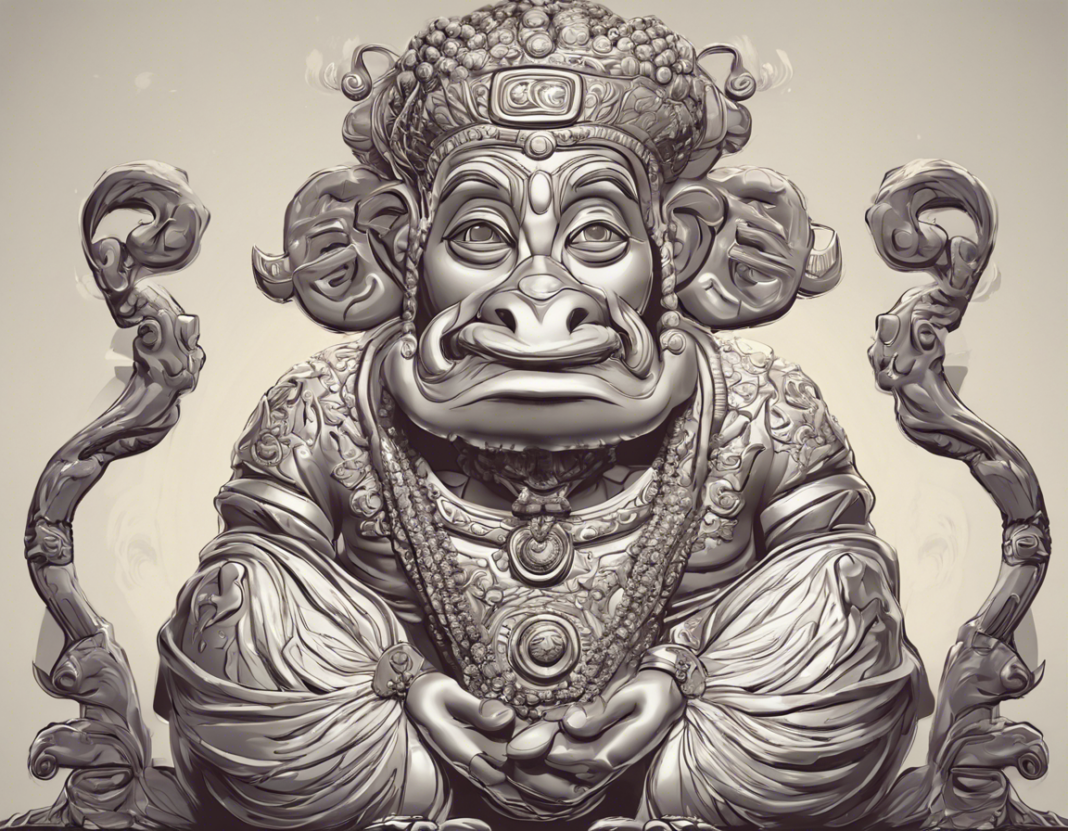The Diverse Cast of Gandu: Exploring the Characters
When it comes to groundbreaking and unconventional cinema, few films have managed to push the boundaries of storytelling and visual artistry like “Gandu” (Asshole). Directed by Qaushiq Mukherjee, this controversial Indian film has garnered attention for its raw and gritty portrayal of urban life in Kolkata. At the heart of the film are its characters, each complex and multi-dimensional in their own right. In this article, we delve into the diverse cast of “Gandu” and explore the motivations, struggles, and nuances of these unforgettable personalities.
The Protagonist: Gandu
At the center of the film is the eponymous character, Gandu, portrayed by Bengali rapper Anubrata Basu. Gandu is a young man disillusioned with his mundane existence and driven by a deep-seated anger towards society. His rap music serves as an outlet for his frustrations, and his journey towards self-discovery is both captivating and disturbing. Through Gandu, the audience is confronted with themes of rebellion, sexuality, and existential angst.
Key Characteristics of Gandu:
- Youthful Rebellion: Gandu represents the disaffected youth of Kolkata, challenging societal norms and questioning authority.
- Sexuality and Identity: The character’s exploration of his own sexuality and desires is a central theme of the film.
- Psychological Turmoil: Gandu’s inner turmoil and psychological struggles are depicted through surreal and hallucinatory sequences.
Gandu’s Sidekick: Rickshaw
Accompanying Gandu on his journey is Rickshaw, played by actor Joyraj Bhattacharjee. Rickshaw is a complex character who serves as both a friend and antagonist to Gandu. His motivations and actions provide a stark contrast to Gandu’s rebellious nature, adding depth to their relationship and the film’s narrative.
Understanding Rickshaw:
- Conflicting Loyalties: Rickshaw’s loyalty to Gandu is tested throughout the film, leading to moments of tension and betrayal.
- Symbolism: Rickshaw serves as a symbolic representation of the constraints and limitations faced by marginalized communities in urban India.
- Emotional Depth: Despite his tough exterior, Rickshaw harbors his own insecurities and vulnerabilities, making him a compelling counterpart to Gandu.
The Enigmatic Rani
Rani, portrayed by actress Rii Sen, is a pivotal character in “Gandu” whose presence disrupts the dynamics between Gandu and Rickshaw. As a mysterious figure with her own agenda, Rani’s interactions with the male leads propel the story forward and introduce themes of power and manipulation.
Rani’s Significance:
- Feminine Power: Rani subverts traditional gender roles and challenges the notion of female passivity in Indian cinema.
- Sexuality and Control: The character uses her sexuality as a tool for manipulation, blurring the lines between empowerment and exploitation.
- Ambiguity: Rani’s true intentions remain ambiguous throughout the film, leaving viewers to interpret her actions and motivations.
The Supporting Cast
In addition to the central trio of Gandu, Rickshaw, and Rani, “Gandu” features a diverse array of supporting characters who contribute to the film’s rich tapestry of urban life in Kolkata. From Gandu’s oppressive mother to the enigmatic figure of the rapper Baba Sehgal, each character brings a unique perspective to the narrative and adds depth to the film’s themes.
Notable Supporting Characters:
- Gandu’s Mother: A symbol of traditional values and societal expectations, Gandu’s mother embodies the repressive forces that he seeks to escape.
- Baba Sehgal: The real-life rapper makes a cameo in the film, blurring the lines between fantasy and reality in the world of “Gandu.”
- The Enigmatic Woman: A recurring figure in Gandu’s hallucinations, the enigmatic woman represents his subconscious desires and fears.
Exploring Themes Through Characterization
Through its diverse cast of characters, “Gandu” explores a wide range of themes that resonate with audiences on a visceral level. From the struggles of marginalized communities to the complexities of human desire and freedom, the film uses its characters as vehicles for larger social and existential questions.
Key Themes in “Gandu”:
- Youth and Rebellion: The film captures the restless energy of youth and the desire for rebellion against societal norms.
- Sexuality and Identity: Characters grapple with their own sexual desires and societal expectations, leading to moments of catharsis and confrontation.
- Power and Control: The dynamics of power and control are explored through relationships of dominance and submission, challenging traditional hierarchies.
Frequently Asked Questions (FAQs)
1. What is the significance of the title “Gandu”?
The title “Gandu” translates to “Asshole” in English and serves as a provocative statement on the film’s themes of rebellion and social critique.
2. Is “Gandu” based on a true story?
While the film is not based on a specific true story, it draws inspiration from the experiences of urban youth in Kolkata and the underground music scene.
3. How was the film received by critics and audiences?
“Gandu” received mixed reviews upon its release, with some praising its boldness and originality, while others critiqued its explicit content and unconventional narrative structure.
4. What is the significance of the film’s use of black and white cinematography?
The black and white cinematography of “Gandu” serves as a stylistic choice that adds to the film’s gritty and raw aesthetic, enhancing its themes of urban decay and disillusionment.
5. How does “Gandu” challenge traditional conventions of Indian cinema?
“Gandu” pushes the boundaries of Indian cinema by featuring explicit scenes of sex and nudity, unconventional storytelling techniques, and a non-linear narrative structure.
In conclusion, the diverse cast of characters in “Gandu” contributes to its status as a groundbreaking and controversial film that continues to provoke discussions and debate among audiences and critics alike. Through characters like Gandu, Rickshaw, and Rani, the film explores themes of rebellion, sexuality, and power dynamics, offering a unique perspective on urban life and existential angst. As a cinematic experience that defies easy categorization, “Gandu” stands out as a bold and unapologetic exploration of the human condition.
